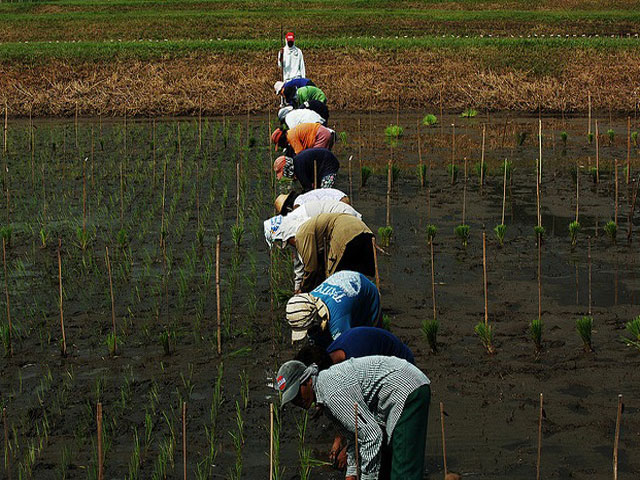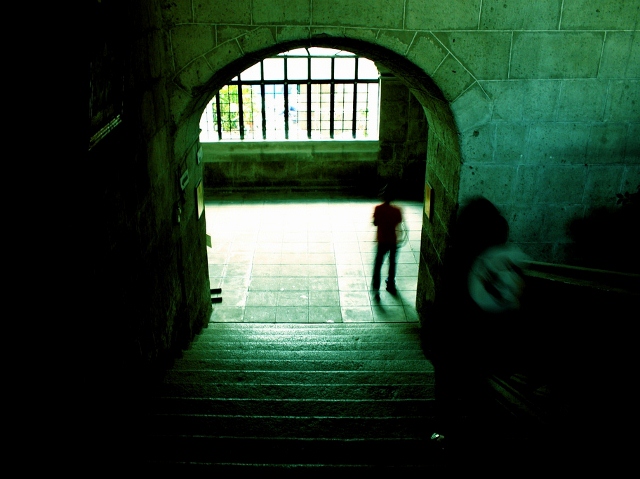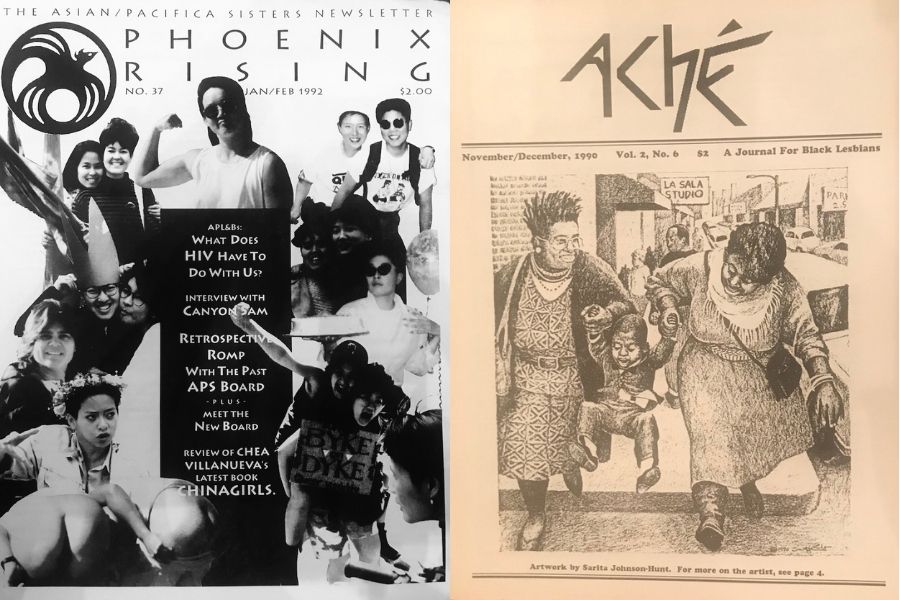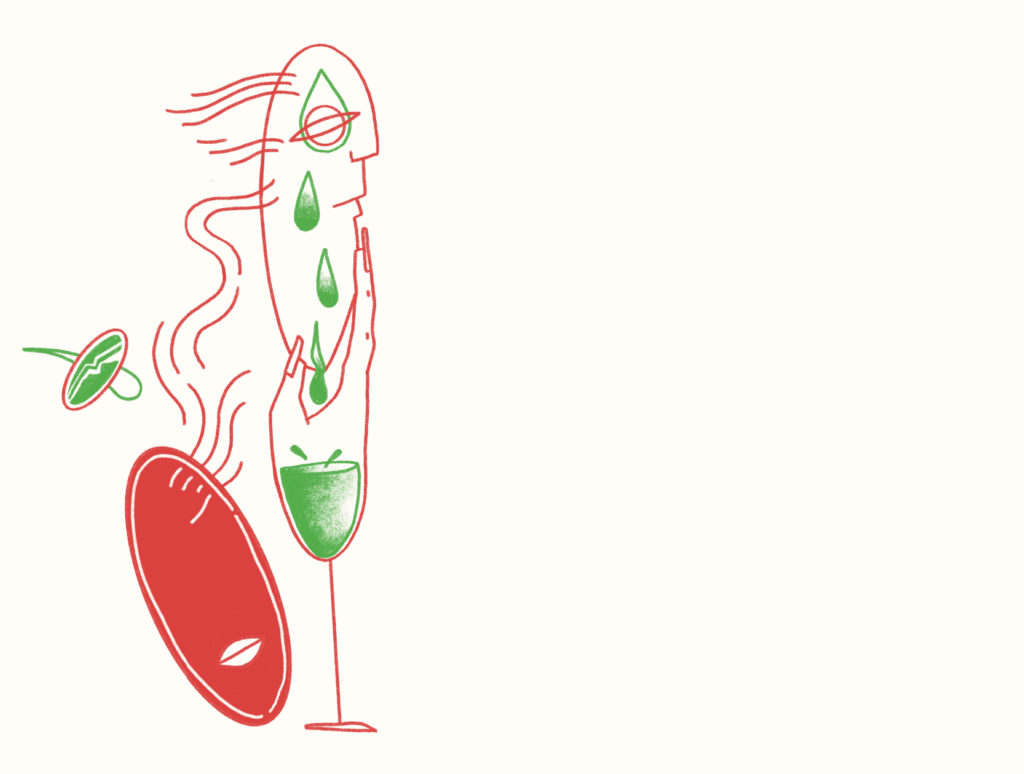“Pacquiao became the second man in boxing history to win world titles in six different weight divisions. There he was: our uncle, our Tito, our brother, our kuya.”

July 17, 2012
Here are some farmers in a big field. Here is a mother with six kids. On this field were the Mamadas people—who were nomads, hunting and foresting little plots of corn and camote (also known as sweet potatoes), their skin, fingers, breath—stained with the purple of taro roots.
This is a land filled with roots. Little barefoot children sucking on roots and cane, their toothless glue-stuffed faces pleading at you.
Here is a boy born here on this hungry grubby land in 1978. The son of two parents who separated, because his father went off to live with another woman.
The son is handsome. He looks like his dad, strong and sure and confident, and he will live in this place that was once most famous for bravery and love. This place was named after Datu Mambantayao, notable for the capturing of the lady he loved. She was abducted by a tribe, and he—along with armed and trained warriors—attacked her abductors and recovered her honor.
So here in this spot, on this land, with the roots and the purple stains and the dirt, and the bananas with the sun beating down hard, you will hear the murmurs…“guibawe” meaning recovery. You will hear it like a whisper—and you’ll relax…just a little.
Here is also the land to which I’ve come with my brother, my actual brother, my dad’s son, my kuya, and it’s here behind this church in these jungles that he was first raped. There’s no telling now if the men were American soldiers from the air force, or island men, or sissy boys, or bully men, men that lived there. Men whom, I would call Kuya. Because that’s how we are—an instant family. When you say you are pinay or pinoy, especially in the States, I have a new name for you, it’s big sister or big brother. We are one big family.
Here we are at The Minor Basilica of the Black Nazarene, also known as Saint John the Baptist Parish. This is the church most famous for its dark statue of Jesus—the way we knew him, dark and muscled and this dark statue is known for having the greatest powers.
So it’s behind this church, and in the vicinity of the shrine, where coal-mouthed women with bandanas sell their untested herbs, their gastric irritants. They offer tinctures and powders to unwed pregnant women. It’s here beside this church that dead fetuses are left—their blue-brown faces appearing on the Filipino television media outside the Blessed Sacrament Chapel. And it is here that my kuya was raped. But he insisted it is not here that he became gay. Bakla, they say. Fag. Yet from that point on, though he attended no church, he was in a constant state of prayer.
He said it’s always been that way. He said he loved all the little girly things. The lace, the pink cookies and cakes, the make-up. The heels. They wrapped around his sensibilities and made a home for him. He picked up a hip switch it came as natural as bees and buzzing.
It’s here at this church that Manny Pacquiao comes to pray after his fights. He kneels down and gives thanks. In that same way we knelt with a rosary all day when my kuya died of AIDS. All day for seven days, with lots of food, and lots of prayers, on your knees everyday. It’s what we do when someone dies. I heard that a woman had a pin in one of her knees and couldn’t kneel and I pictured a sewing needle stuck there and I silently wished to get pricked by that same needle—because I couldn’t see how what I was doing there in that church was helping any of us out there on the dirt—in the land, on the fields with the farmers, and the trash heaps, and the kids with the little blue-brown faces left by the chapel, or the boys, with their bloodied underpants and soiled shorts, and all the musk from all the work, and the distant gaze from all the glue. How was this rosary tending to this life?
And here we are in the main industry of the place, a Dole factory, we’re counting cans we’re inspecting pineapples, we’re getting paid piecemeal, our plastic aprons and plastic gloves coated in syrup. Until, despite our poverty, we never want to eat another one again. We never want to have another can with a syrupy caked pineapple again. Even though our kids look at us for some more with begging eyes. We say no. no. no. We gag at the thought of the thing. Because in this place we don’t know where or how anyone goes to the bathroom, and there’s no breaks for cigarettes, and there’s no breaks for injuries. This Dole can begins to taste like the candied injuries and a fog of sleeplessness.
Now, much later, where we are lucky enough to find ourselves here, Mandalay Bay Resort Casino in Las Vegas. We got here by hard work and determination. Full Breakfast Buffet. Twenty-four hours. Girls Girls Girls. Live Nude Girls. Here in this place is neon lights and foliage right smack dab in the center of a building. All the vents pumping cold chilled air. No clocks. The days just go on and on. And if you look—there in the middle of the ring—you’ll see him. Kuya. The Pac-Man. He’s one of us. The first and only Filipino and Asian to win world titles in five different weight divisions. The first Filipino fighter to ever win a world title.
And he was us and we were him. We were on that farm together, our feet were bare together. We knelt, together. Cassava, ube, bulot, we spoke the same sticky language of dyed roots and dead animal foods. Our mouths stuck in melted sugar yawns at Christmas time.
Then on August 7, 2008, we were together crowded around a TV in our pajamas, we were smiling and laughing and crying because there we were again, being recognized as the “People’s Champ” and it wasn’t us exactly, it was Him but because he is like us from the poor places we’re from, doing the regular people things we do, it felt like it was for all of us. Here we are becoming champions. Bam boom bang. We are the champs.
It didn’t stop, of course. Here we are on May 2, 2009. MGM Grand Las Vegas. HBO. Pacquiao became the second man in boxing history to win world titles in six different weight divisions. There he was: our uncle, our Tito, our brother, our kuya. The first man ever to win lineal world titles. It was Muhammad Ali all over again. People who are known for not much; for Spam, for tobacco, for sugar, for pork, for rice—we were becoming known for being fierce.
Here we are being named Fighter of the Decade by Boxing Writers Association of America. Here we are at the Roosevelt Hotel in New York City. June of 2010, the air outside hot like home, but inside it’s all cool air and appetizers and sexy ladies because we are getting another award. The Sugar Ray Robinson Fighter of the Year award. Manny Pacquiao his face and chiseled body plastered throughout the cities, at Toyota dealerships, on soda billboards, on the television—on the radio. The Pac-Man!



